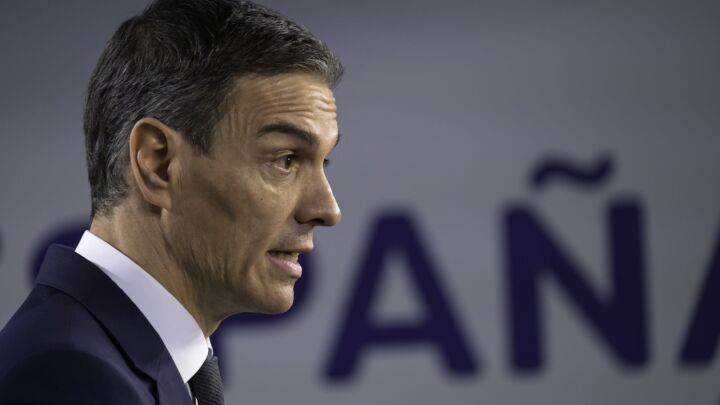South Africa’s Twittermob: a world-leader in hysteria

Want unlimited, ad-free access? Become a spiked supporter.
The moral outrage of the ‘You can’t say that’ mob is reaching new heights in South Africa.
Renowned South African journalist Allister Sparks found himself in the crosshairs of the Twitterati over the weekend when he referred to Hendrik Verwoerd, one of the architects of Apartheid, as one of the ‘smartest’ politicians he’d met during his 64-year career.
Sparks made the comment during a tribute to the outgoing Democratic Alliance (DA) leader, Helen Zille, at the party’s congress in Port Elizabeth.
‘I’ve encountered some really smart politicians, the likes of Harry Lawrence, Bernard Friedman, Margaret Ballinger, Helen Zille, Helen Suzman, Zach de Beer, Frederik van Zyl Slabbert, Marais Steyn, Japie Basson and Hendrik Verwoerd’, he said. ‘But over all those years, I have to say, objectively viewed, and setting aside my personal friendship, I rate Helen Zille as the smartest political tactician of all.’
Sparks, who was once the editor of the Rand Daily Mail, was the journalist who revealed the Apartheid regime’s brutal murder of black-nationalist icon Steve Biko in 1977. He is therefore someone with ‘struggle’ credentials. However, this only made his throwaway comment seem all the more shocking to the easily offended.
Media commentator Eusebius McKaiser was the first to express his moral outrage on Twitter, leading the rest of the Twitterati to come down on Sparks like a ton of bricks. Sparks called the reaction ‘a manufactured outrage’ and defended his comment on the grounds that it didn’t mean he agreed with Verwoerd’s policies. Indeed, what was he supposed to say? That Verwoerd was stupid?
This incident also recalls the recent storm over a tweet posted by Mcebo Dlamini, president of the University of the Witwatersrand Student Representative Council. In the tweet, he admitted to ‘lov[ing] Adolf Hitler’. When he was challenged on this, he insisted that he did not agree with Hitler’s actions but admired his qualities as a leader. He was subsequently removed from his post after Adam Habib, the university’s vice chancellor, referred him to the legal department for a previous disciplinary offence. However, it is believed the real reason for this referral was his offensive tweet.
There were very few people who were prepared to stand up and defend the right of Sparks and Dlamini to express their opinions. Even the Democratic Alliance, whose slogan is ‘freedom, fairness and opportunity’, has balked at defending Sparks. Meanwhile, so-called liberals in the media and elsewhere have been wringing their hands over how these two individuals could say such things.
But as throwaway, wilfully misinterpreted or hilariously misjudged as their comments may have been, both Sparks and Dlamini have a right to make them. And those of us who believe in free speech, with no ifs or buts, must stick up for them against the rage of the Twittermob.
Sharmini Brookes is a writer based in Johannesburg.
You’ve hit your monthly free article limit.
Support spiked and get unlimited access.
Support spiked and get unlimited access
spiked is funded by readers like you. Only 0.1% of regular readers currently support us. If just 1% did, we could grow our team and step up the fight for free speech and democracy.
Become a spiked supporter and enjoy unlimited, ad-free access, bonus content and exclusive events – while helping to keep independent journalism alive.
Monthly support makes the biggest difference. Thank you.









Comments
Want to join the conversation?
Only spiked supporters and patrons, who donate regularly to us, can comment on our articles.